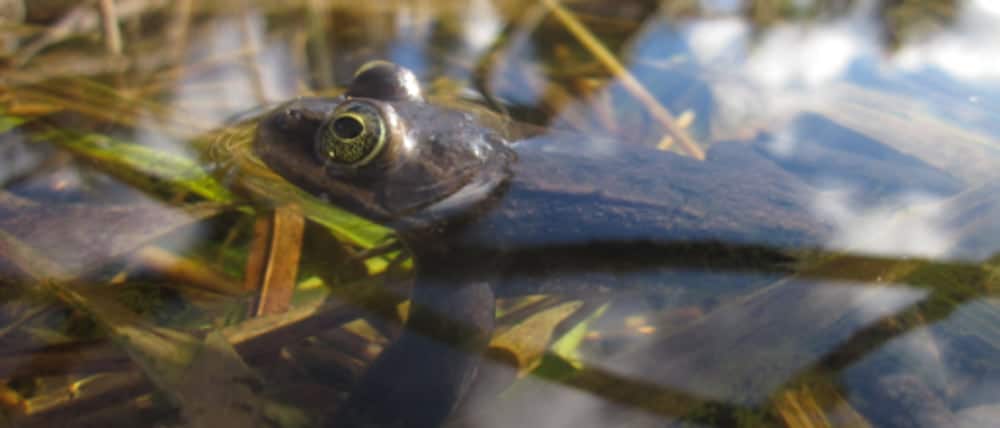Exo Terra announced it has donated $5,000 to Wildlife Preservation Canada in an effort to help WPC’s conservation efforts to save the Oregon spotted f
Exo Terra announced it has donated $5,000 to Wildlife Preservation Canada in an effort to help WPC’s conservation efforts to save the Oregon spotted frog (Rana pretiosa). The amphibian, according to WPC, is the most endangered frog in Canada with just a few viable breeding populations left in Canada. Wildlife Preservation Canada estimates that there are only a few hundred Oregon spotted frogs in the country.
“Wildlife Preservation Canada’s mission is to save animal species at risk from extinction in Canada by providing direct, hands-on care, Exo Terra said in a statement announcing the donation. “They specialize in science-based techniques such as conservation breeding and release, reintroduction, and translocation. Their Conservation Action Plan is based on the urgency of the need and is updated annually.”
The Oregon spotted frog has suffered from habitat loss due to development, the conversion of land for agricultural use, resource extraction and hydrological alterations. The WPC also said the frog is threatened by invasive species and pollution.
The species is an aquatic amphibian that is never far from a body of water. They have webbing on their feet that reaches all the way to the tip of their toes. It is named after the dark spots that cover nearly all of the frog.
Juveniles are usually brown in coloration while adult colors vary from brown to reddish brown. They grow from 44 to 100mm (1.74 to 4 inches) in length, with females the larger of the sex. The frog is listed as threatened in the United States.



